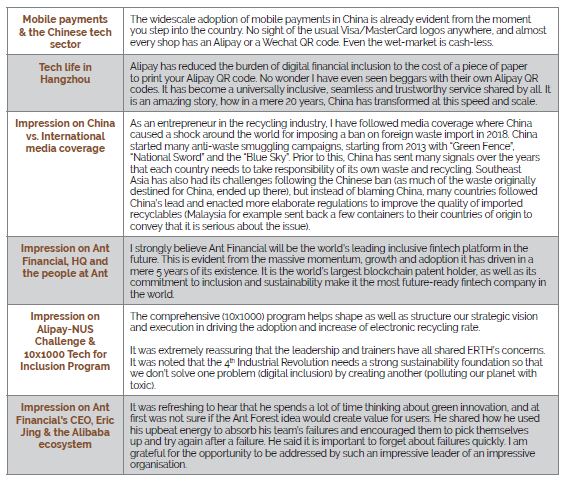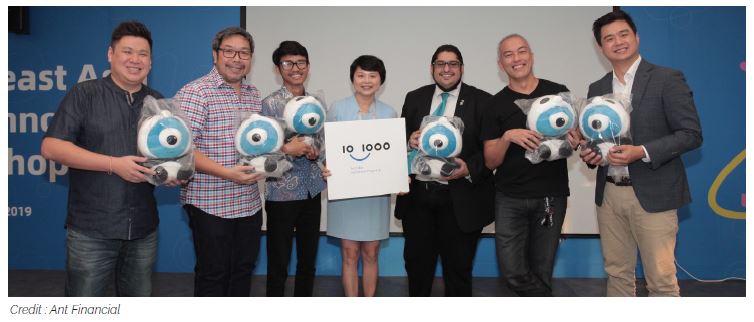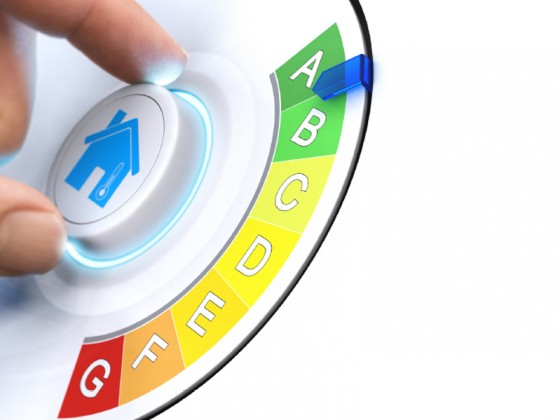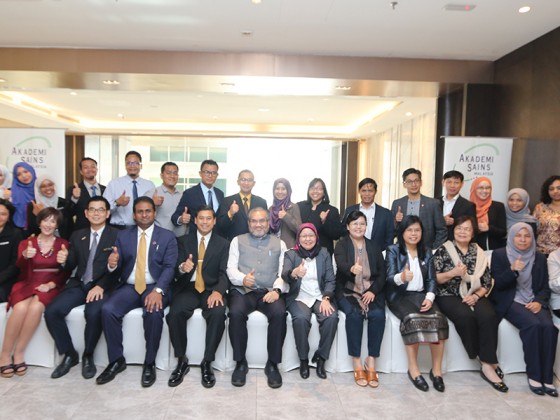by | Mo Tarek
Mo Tarek is a social entrepreneur in the electronic waste recycling industry. To Mo, taking action against environmental damage is a business issue. To impact change in the long run, Mo has since kickstarted a start-up to further his electronic waste recycling endeavour called ERTH, short for ‘e-waste Recycling Through Heroes’. Attempting to break the inertia in raising electronic waste recycling rate in Southeast Asia, ERTH pays citizens and businesses to recycle their electronic waste. To date, ERTH has recycled over 50 tons of electronic waste in 2019 from consumers in Malaysia including the United Nations, Dell, NTT MSC and more than 1000 households. Next, ERTH aims to expand to the rest of SEA and beyond. In the years since, Mo, who is a serial entrepreneur, has gathered numerous awards such as the Future Green Leadership Award and the Internationalisation Award of the President of Finland.
The world produces approximately 50 million tons of electronic waste (e-waste) each year. Half of which come from personal consumer electronics, such as smartphones and laptops. If buried in the landfills, e-waste could contaminate water and earth with a hazard lasting thousands of years. E-waste business is not new in Malaysia, but the concept of e-waste recycling is new to the public. This is what ERTH (E-waste Recycling Through Heroes) is trying to mobilise—to help consumers dispose e-waste in an environmentally safe and convenient way and in return, get paid for recycling old electronics.
I spent almost two weeks in Hangzhou (half of which during a workshop organized by Ant Financial (Alipay)) and the other half simply exploring the city and tracing the footsteps of Jack Ma. I asked around the West Lake where his old translation kiosk used to be and took a walk around the apartment where Alibaba started. I tried to imagine what this place was like 20 years ago and how fast it has changed due to technology. I don’t see many people left behind, it was like a well-orchestrated concert where manufacturing supported trade, trade supported digital, and digital supported payments. Now I believe the next step will be payments supporting sustainability (which is a game inside the Alipay app which helps people plant trees). I also learned that one of the best strategies to grow as a small organisation is to collaborate with a bigger, faster moving one, and to stand on the shoulders of industry giants. Furthermore, I now understand what roles startups have to play in order to build trust and confidence and critically, how to be focused on horizontal and longtail growth, without hastily rushing towards profitability.
I recently participated in the 10×1000 Tech for Inclusion workshop with Alipay team. I shared my impressions of the trip on my LinkedIn: Mohamed “Mo” El-Fatatry; entitled 10×1000 Tech for Inclusion Program & Visit to Hangzhou China.
Here are some snippets of my impressions from the article:

Here are my top takeaways from the workshop.
Upon my return, I was greeted by the sight of Malaysian flags everywhere in preparation for the Malaysia Day. It felt extra special because I arrived in Malaysia to start ERTH a year ago, around Malaysia Day 2018. My main objective was to share my learning from the 10×1000 Tech for the Inclusion program with our extended team and to create a plan for what to do next at ERTH. Driven by our team’s value phrasing during the challenges: “If not now, when? If not me, who?”. As I am a citizen of Finland which has a 99% recycling rate, I now understand that it is our responsibility to lead the way toward a similar recycling rate for Malaysia and build the tools to enable this.
Another important wisdom was how inclusion and sustainability need to be the core of everything we do, and it should be our company’s DNA. The 4th industrial revolution will bring about great progress in productivity, but without sustainability, we would be solving a problem by creating a bigger one. This was an important concern raised by all the top leaders at the Luohan Academy, Alibaba and Ant Financial (this was why Ant’s CEO supported the idea of Ant Forest in the first place, which has resulted in the planting of more than 122m trees).
But this time, I didn’t worry about raising recycling awareness or how to launch our services in the most sparsely populated regions. I had a plan. After seeing how TaoBao was launched across thousands of villages in China and how small the transaction values were, which may seem meaningless to big businesses, can add up to create a tremendous long-term value for us.
In fact, the idea of looking at the value of waste, made the difference in winning the 10×1000 real-world challenge in a Chinese wet-market, when our team got an additional 10% advantage over the other teams by negotiating with the sellers to buy their “close to expired” produce i.e. waste.
And finally, the idea that helped us win the 10×1000 hackathon was how to transform the centralised recycling service we built in Cyberjaya, to be infinitely scalable and inclusive across all regions of the country, and eventually the world. Our next step is to build the ERTHx platform around three key pillars:
Public
Using AI to enable any citizen with a smartphone camera to be able to identify all types of waste and understand what is recyclable. For some types of waste like e-waste, a convenient button to request an on-demand pickup will be available and by connecting to users’ e-wallets, we will pay them cash rewards for successful recycling transactions.
Ecosystem
Building a reverse-supply chain cloud platform that enables any citizen or company in Malaysia to earn an income from recycling activities. The system will enable widescale adoption and awareness of the value of recycling when real wealth can be generated from the nation’s waste. Additionally, the system will introduce transparency and traceability into the recycling supply chain for the first time.
Backend
The platform’s backend will utilise powerful algorithms to make collection routes more efficient and increase the value of recyclables through better sorting (for example, e-waste less than five years old will be refurbished or sold as spare parts to extend its life before being sent to material recovery centres eventually). It will also produce detailed reports that can assist the government’s efforts in tackling problems such as unemployment, illegal recycling, and landfill overcapacity.
Three months after we started ERTH, we were delighted to find out about the Prime Minister’s remarks on the 18th of December 2018 that Malaysia needed a new innovation to transform waste into wealth. We have already been working on it, powered by the understanding that 1 million ton of e-waste produced in Malaysia every year could easily create 100,000 jobs. As we approach 100 tons of waste collected and processed at ERTH, seeing the economic value it has created for us, we now know that e-waste is the most intrinsically valuable type of waste (due to its precious metal contents) and Malaysia has all the infrastructure required to become a regional if not a global player in the e-waste recycling industry. Therefore, it should be the most straightforward recycling challenge to solve in the near future.










